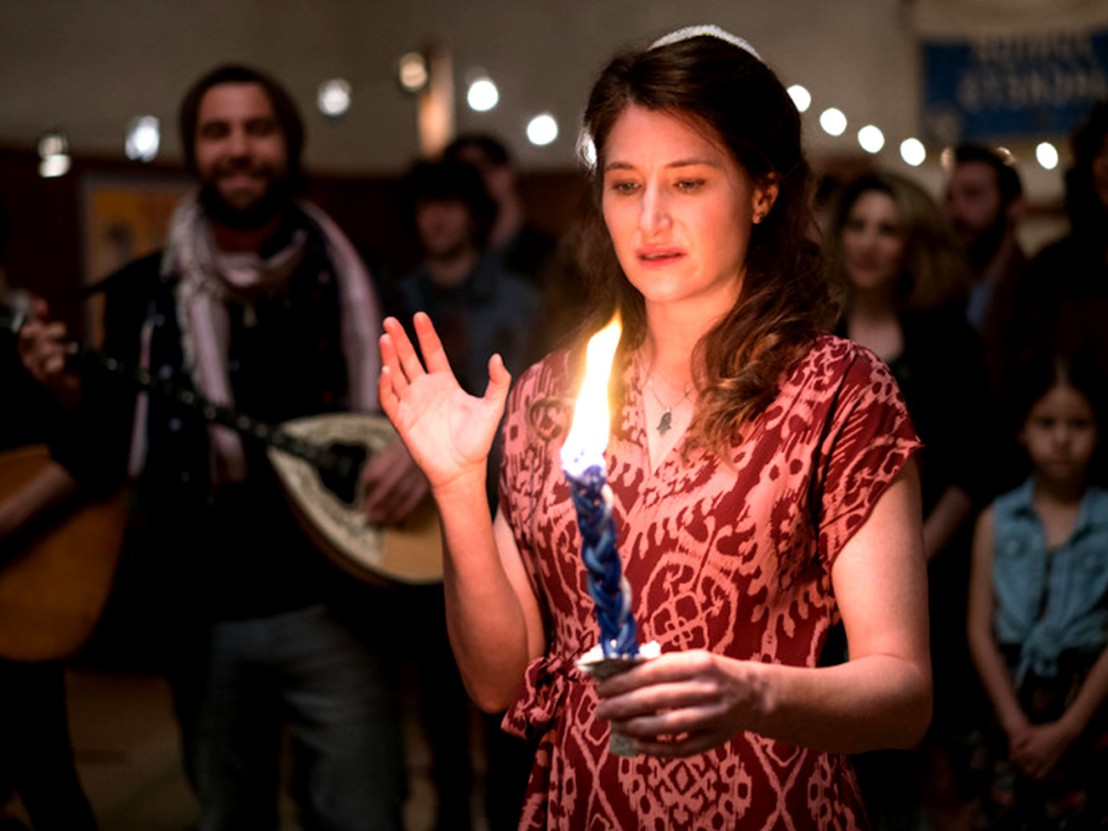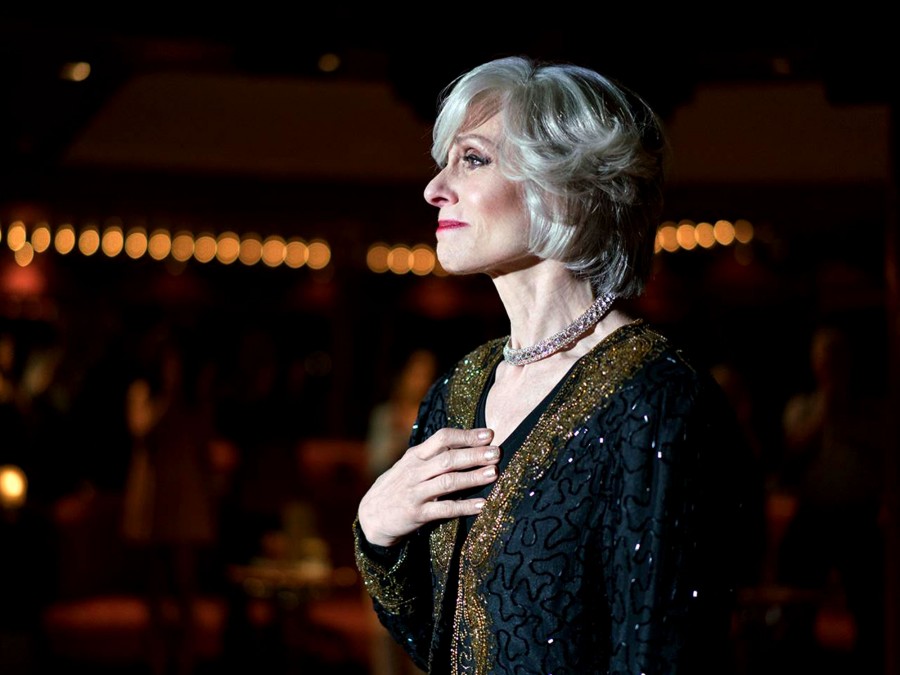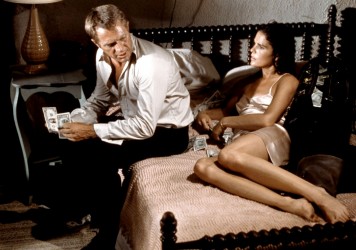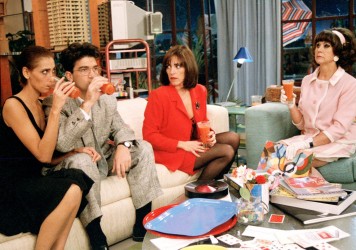
This year has brought us a whole host of TV shows with an entirely new, intimate approach to its characters. For a long time, writers and show creators were focused on creating loveable characters, afraid to explore the darker territories of the human psyche and the complexities within. This was especially so of female characters. Audiences seemed far more accepting of male characters whose midlife crises and generally appalling behaviours are deemed normal, not just on screen, but in our current society. Whether they were likeable or not often seemed irrelevant. Their negative emotions and mannerisms are painted as a product of their immediate environment. Their storylines need them to be a certain way in order to emphasise the overall atmospheres of these created worlds.
Breaking Bad’s Walter White was hardly a likeable man, and yet, we found ourselves empathising with his situation and his personal struggle. His chosen journey into the underbelly of the Mexican/American drug world required of him to be ruthless, narcissistic and dissatisfied. And while we may, at times, have been disgusted by his megalomaniac tendencies and heartlessness, we always found excuses for him in order to justify his actions and our idolising his character: he’s dying, he’s trying to provide for his family, he’s trying to save his honour. Why aren’t we willing to do the same for strong, complicated female characters?
We like to think of Western society as being progressive and often fool ourselves into believing that we’re well on the way to achieving gender equality. And yet, we still feel uncomfortable with the depiction of genuine, female emotions and the expression thereof. Just as sexually adventurous women are still judged as being sluts, tenacious women in tune with their own ambitions and desires are written off as bitches. Add to that a character’s open expression of emotions and, soon an all too familiar, ugly word rears its head again: hysteria. Watch a man vandalise an entire apartment over a bad break-up or his team losing the big game and he’ll likely be applauded for his raw masculinity or, at the very least, his behaviour will be shrugged off as perfectly normal. Put a female character in the same position, and watch as the room cringes in awkward silence.

Apparently we have not been able to move on from the idea that a woman genuinely communicating her feelings – or indeed, acting out on her “loony” monthly madness – automatically suggests she is unstable, weak or hysterical. And it’s not just men who react this way; many women have been raised on, and still live by this idea.
Now that women like Catastrophe’s creator Sharon Horgan, Fleabag’s Phoebe Waller-Bridge and Transparent’s Jill Soloway have taken over our screens, the dialogue surrounding the representation of dauntless women is rapidly changing. In Transparent’s finest season to date, Soloway challenged viewers to understand, accept and yes, even applaud her female character’s tempestuous, personal journeys. There seems to be no distinction between Josh’s (Jay Duplass) downward spiral into loneliness and his never-ending quest to belong and Raquel’s (Kathryn Hahn) coming to terms with her grief and her struggle with her spirituality. Both characters are encouraged to embrace their honest feelings, not only by the writer who penned their stories, but by their supporting characters as well.
In ‘Life Sucks and then You Die’, one of the most moving episodes of Transparent’s season three, Raquel finally breaks under the pressure to “keep it together” – as a Rabi and a desirable woman of her age. In a moment of sheer honesty, she allows all her bottled up pain, anger and frustration to unleash, her screams echoing through the Synagogue and reaching all those who respect her for everything she is and is not. While her harsh words may be directed at the people who care for her the most, they are capable of side-stepping their own egos, permitting her to honour her feelings and the release she so desperately needed. Though Sarah and Duvid (Kobi Libii) are obviously surprised by her seemingly sudden outburst, there’s no judgement. The “incident” is not brushed under the carpet, nor is it used as gossip fodder or for finger pointing.
The female members of the Pfefferman tribe openly discuss and examine their own sexuality and desires, and while their respective passions may not be understandable to others, they are not ridiculed. The same is true of their personal, emotional journeys. Though their respective outbursts may be unexpected at times, it is only because they happen at the most seemingly random of moments, which is exactly wherein lies the beauty of Soloway’s writing and her characters. In doing so, she has normalised the female expression of emotions, further highlighting the show’s quest to topple the patriarchy. They all have their momentary eruptions, they release their tensions and then they move on. No one dwells on the insults thrown about in the heat of the moment, no one’s ready to call the men in the white coats. The Pfefferman women are simply allowed to move on from a place of strength and self-reflection the same way men are in any given situation, bringing us one step closer to truly embracing female emotion in all its complexity.
Published 14 Oct 2016

By Mike Tsenti
A role reversal spinoff to this year’s surprise summer hit would be a step back for gender diversity.

Is it possible for women to love movies which promote a regressive, misogynistic worldview?

In anticipation of Pedro Almodóvar’s new film Julieta, revisit the Spanish director’s liberating 1988 gem.